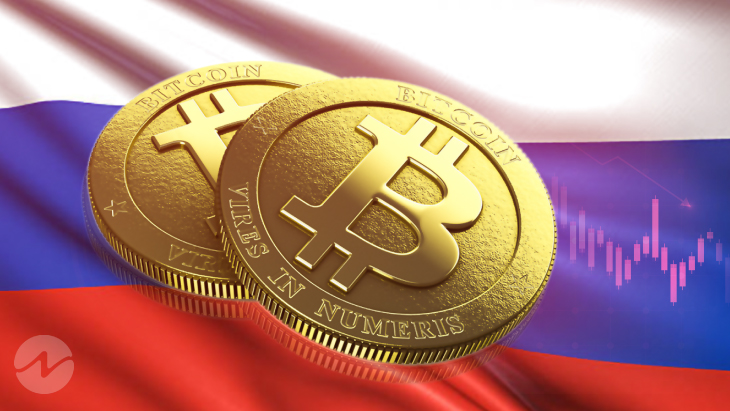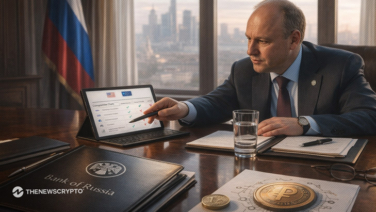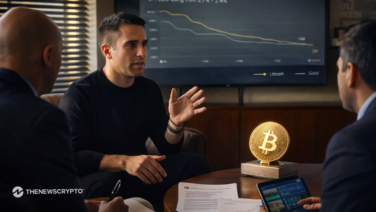- The group also recommended criminal responsibility to refuse keys to official authorities.
- An official assessment states that a seizure of such assets is very difficult.
One of Russia’s largest financial institutions has proposed criminalizing the possession of private crypto keys. More than 300 Russian banks and financial organizations are members of the Association of Banks of Russia, which has asked legislators to make it illegal to store cryptocurrency in noncustodial wallets outside of centralized exchanges, local news outlet Izvestia reported on Monday.
The non-custodial or self-custodial wallets allow users to store crypto assets without relying on a third party capable of freezing, blocking, or seizing the user’s cryptocurrency assets. Customers may “be their own bank” by taking possession of the cryptocurrency and the private key.
Technically Difficult to Gain Access
It seems, however, that the Russian Association of Banks has reservations about allowing customers to manage their cryptocurrency holdings. Due to the severe problems of seizing crypto kept in non-custodial wallets from debtors and criminals, the organization has devised a framework for foreclosure on crypto housed in non-custodial wallets.
Developed collaboratively with the Ministry of Internal Affairs, the framework proposes to impose criminal responsibility for keeping cryptocurrencies like Bitcoin (BTC) on non-custodial wallets. Furthermore, the group also recommended criminal responsibility to refuse keys to official authorities.
According to reports, several institutions and authorities, including the Bank of Russia and the Federal Financial Monitoring Service, received a letter from the group in mid-April. Because of the anonymity of wallet owners and the difficulty in gaining access to this money without the owner’s agreement, the bankers concede that their idea is compounded by the technical issues connected with forced access to noncustodial wallets. An official assessment states that a seizure of such assets is very difficult.








